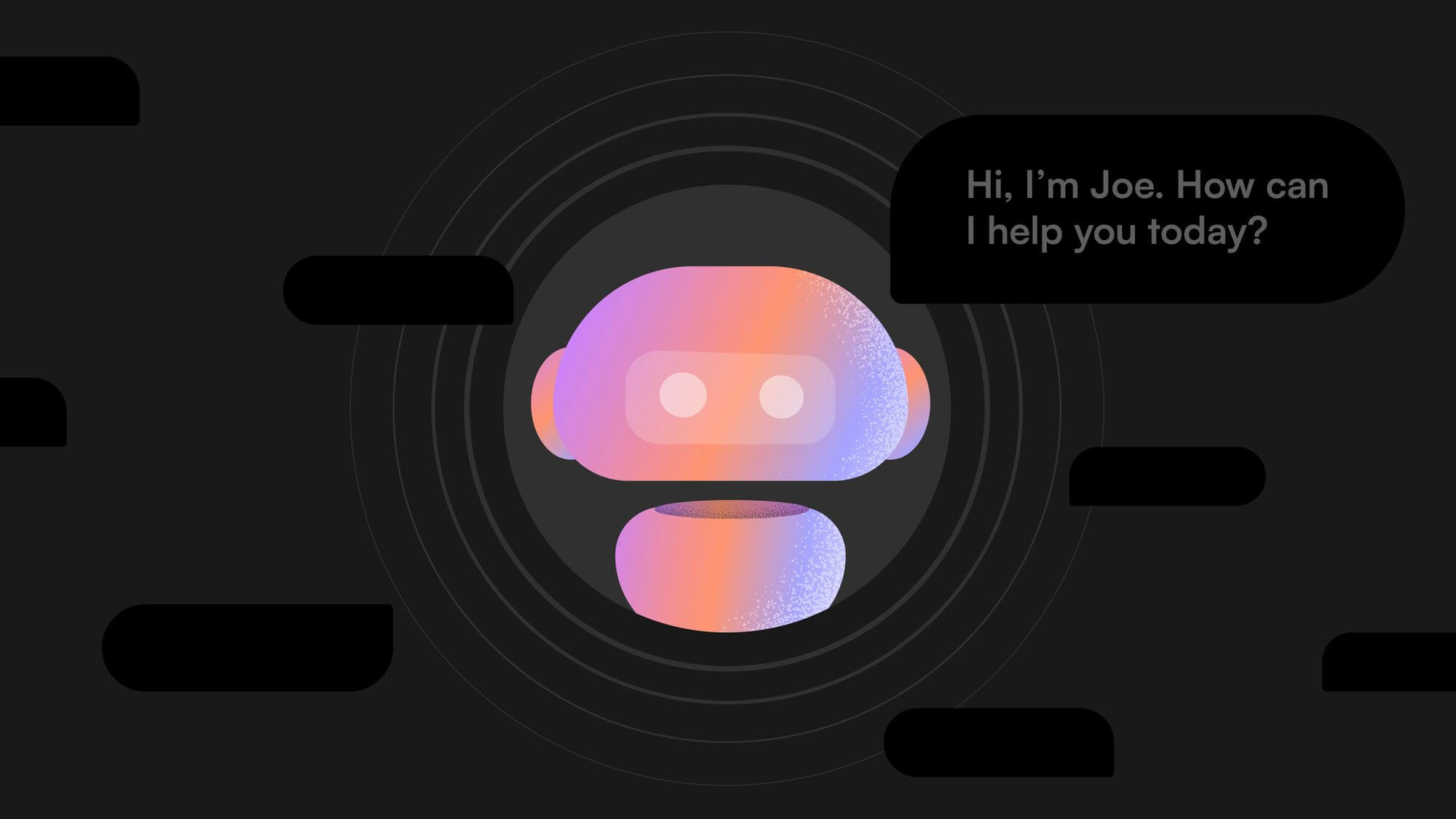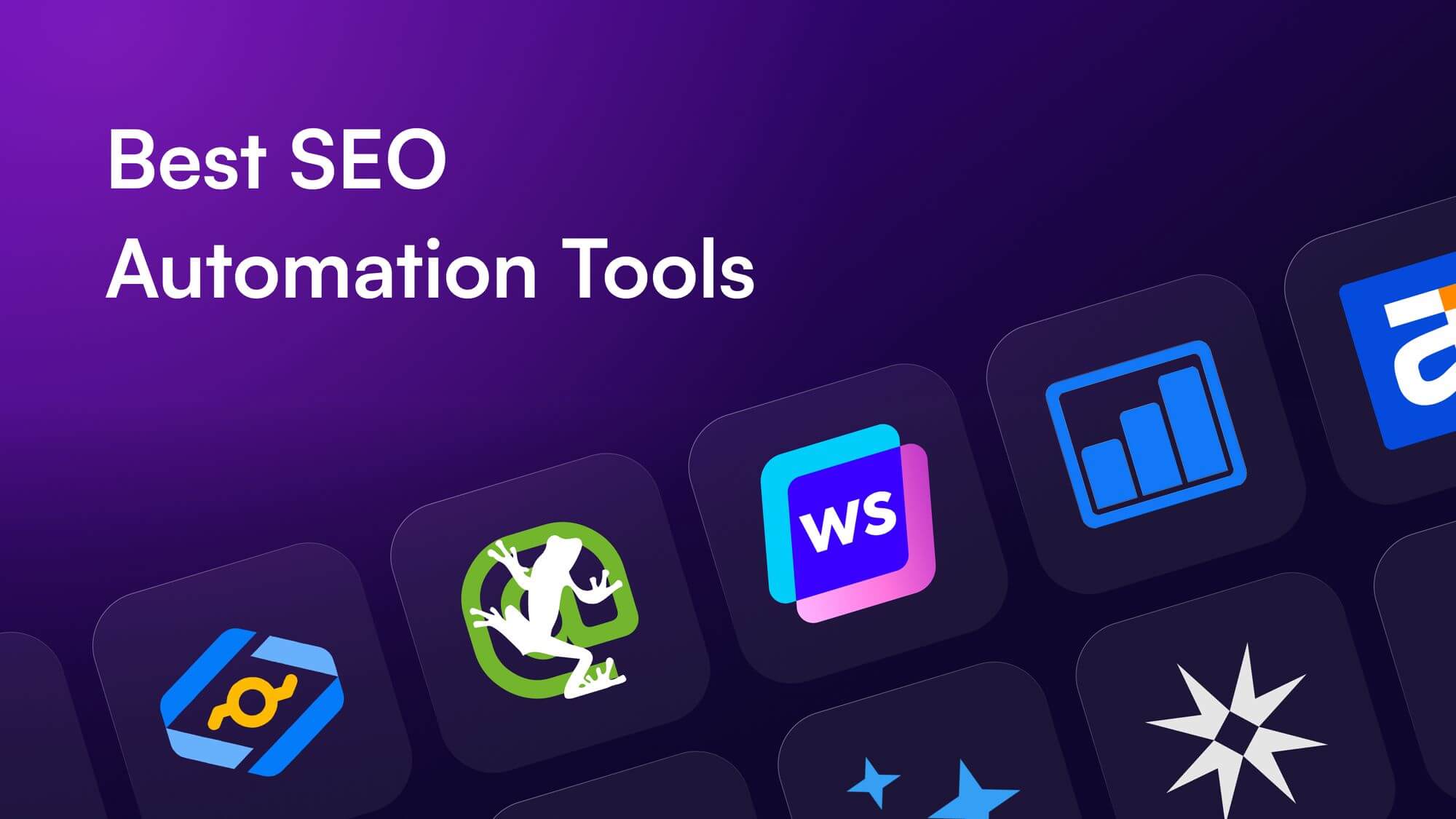Agentic AI
What Is Agentic AI?
Agentic AI refers to artificial intelligence systems that can independently take actions, adapt in real-time, and make decisions based on context and objectives. These systems leverage Large Language Models (LLMs) and operate with high autonomy, completing tasks without constant supervision. Businesses utilizing agentic AI report improved customer interactions and increased efficiency, with marketers saving an average of three hours per content piece.
At its core, agentic AI is designed to perform tasks autonomously by creating workflows and utilizing available tools with minimal human intervention. It combines the versatility of LLMs with the precision of traditional programming to enable independent decision-making and action-taking capabilities.
Key technological elements include:
- Machine Learning & Reinforcement Learning: Enables data-driven decision-making
- Natural Language Processing (NLP): Facilitates communication and understanding of user input
- Integration with External Tools: Connects with APIs, software, and databases for task execution
Unlike traditional AI systems that follow rigid rules, agentic AI demonstrates adaptability by learning from experiences and improving over time. This capability allows it to handle complex, multi-step processes beyond conventional automation.
How Agentic AI Works
Agentic AI follows a four-step process enabling autonomous decision-making and action-taking:
- Perception: AI agents gather and process data from various sources, including sensors, databases, and digital interfaces.
- Reasoning: The system analyzes goals, generates solutions, and develops plans to achieve specific objectives.
- Action: The AI integrates with external tools to execute tasks based on formulated plans, adjusting its actions as needed.
- Learning: Through feedback loops, the system continuously improves, refining its strategies and decision-making over time.
This structured process enables agentic AI to handle complex tasks across domains such as cybersecurity, marketing, and healthcare.
Key Features of Agentic AI
Agentic AI stands out due to its:
- Autonomous Decision-Making: Functions independently without human intervention
- Contextual Awareness: Understands and adapts to changing conditions
- Goal-Oriented Behavior: Plans and executes tasks to achieve specific outcomes
- Continuous Learning: Enhances performance through iterative refinement
Unlike traditional automation solutions (e.g., self-driving cars or manufacturing robots), agentic AI can pivot its behavior dynamically based on new information and context.
Conclusion
Agentic AI represents a transformative shift in artificial intelligence, combining autonomous decision-making with adaptive learning. As businesses increasingly integrate this technology, they stand to gain efficiency, cost savings, and competitiveness in a rapidly evolving digital landscape.
While agentic AI offers significant advantages, its success depends on careful implementation, monitoring, and ethical alignment. Ensuring responsible AI development will be crucial in leveraging this powerful tool for progress while mitigating potential risks.
FAQs
Q1. What is the difference between agentic AI and traditional AI?
Agentic AI operates autonomously, making independent decisions and adapting in real time, while traditional AI follows rigid rules and requires explicit prompts.
Q2. How does agentic AI make decisions?
It follows a four-step process: perception (gathering data), reasoning (generating solutions), action (executing tasks), and learning (improving through feedback).
Q3. What industries are benefiting from agentic AI?
Industries such as customer service, healthcare, cybersecurity, and marketing are leveraging agentic AI to automate complex tasks and improve efficiency.
Q4. How might agentic AI impact the future of work?
Projections indicate it could automate up to 30% of work hours by 2030, optimizing workflows and reducing operational costs.
Q5. What are the ethical considerations of agentic AI?
As AI gains autonomy, ensuring alignment with human values, proper monitoring, and ethical safeguards will be essential to prevent unintended consequences.


